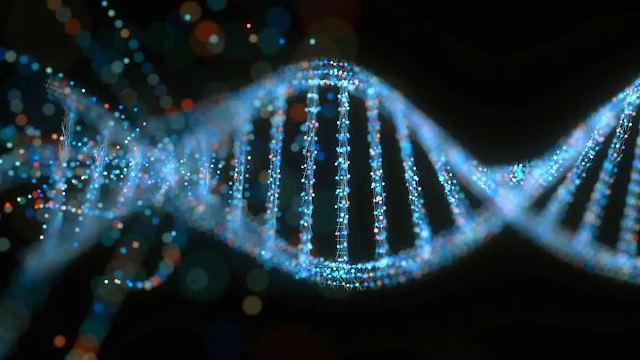Waste Water Testing: Importance, Methods & Applications
What is Waste Water Testing?
Waste water testing is the process of analyzing water samples from sewage, industrial discharge, or other sources to detect pollutants, pathogens, and chemicals. This helps ensure water safety, environmental protection, and public health.
At Eurofins Genomics, we provide advanced waste water testing services to monitor contamination, track diseases, and comply with regulations.
Why is Waste Water Testing Important?
Testing waste water helps in:
Public Health Protection – Detecting harmful bacteria, viruses (like COVID-19), and chemicals.
Environmental Safety – Preventing pollution in rivers, lakes, and oceans.
Regulatory Compliance – Meeting government standards for industrial and municipal waste.
Disease Tracking – Monitoring outbreaks by analyzing sewage for pathogens.
Without proper testing, contaminated water can spread diseases and harm ecosystems.
Common Methods for Waste Water Testing
1. Microbial Testing
Detects bacteria (E. coli, Salmonella), viruses, and parasites.
Uses PCR (Polymerase Chain Reaction) for accurate pathogen identification.
2. Chemical Analysis
Checks for heavy metals (lead, mercury), pesticides, and pharmaceuticals.
Uses spectrometry and chromatography for precise measurements.
3. Genomic Waste Water Surveillance
Tracks disease outbreaks (like COVID-19, polio) by detecting viral RNA in sewage.
Helps public health agencies take early action.
4. Toxicity Testing
Measures the impact of waste water on aquatic life.
Uses bioassays to test water effects on fish, algae, and bacteria.
Key Applications of Waste Water Testing
1. Municipal Waste Water Treatment
Ensures safe disposal of sewage before releasing it into the environment.
Monitors treatment plant efficiency.
2. Industrial Waste Management
Factories test discharge water to avoid harmful chemical leaks.
Helps industries follow environmental laws.
3. Public Health Monitoring
Tracks infectious diseases through sewage (e.g., polio, COVID-19).
Early warning system for outbreaks.
4. Environmental Protection
Prevents water pollution in rivers, lakes, and oceans.
Protects wildlife and drinking water sources.
Why Choose Eurofins Genomics for Waste Water Testing?
Advanced Testing Methods – PCR, NGS, and chemical analysis.
Fast & Reliable Results – Quick turnaround for urgent needs.
Regulatory Compliance – Meets global safety standards.
Expert Support – Our team helps with sampling and data analysis.
Get your waste water tested today!
Future of Waste Water Testing
New technologies are making testing:
Faster – Real-time sensors for instant results.
Cheaper – Automated lab processes reduce costs.
More Accurate – AI and machine learning improve data analysis.
As pollution and disease risks grow, waste water testing will become even more critical.
Conclusion
Waste water testing is essential for public health, environmental safety, and industrial compliance. Whether you're a city, factory, or research lab, regular testing prevents pollution and disease spread.
For accurate and efficient waste water testing, trust Eurofins Genomics. Our waste water testing services ensure clean water and safer communities.
Contact us now to schedule your testing!


Comments
Post a Comment